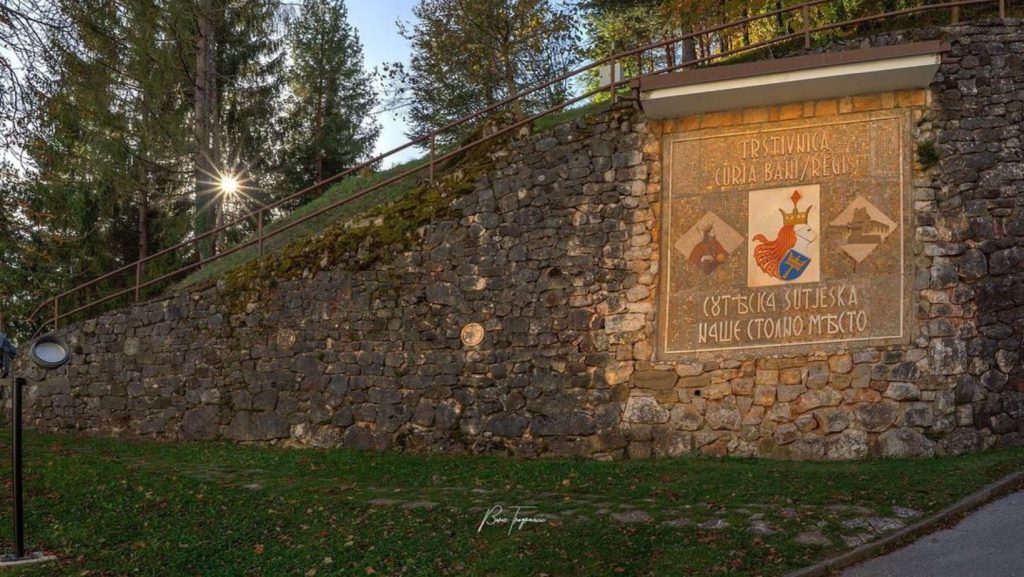Despića House, whose oldest part dates back to the 17th century, belonged to the affluent Despić merchant family, offering a window into the culture of Orthodox family life in Sarajevo. This house evolved through several phases, initially showcasing Bosnian-Oriental characteristics, before undergoing alterations and extensions that gave it a distinct European architectural charm.
The Despićs were renowned fur traders, owning shops in the nearby Veliki Ćurčiluk district, and held a prominent position in Sarajevo’s social elite. Interestingly, the reception room in Despića House hosted some of the city’s earliest theater performances, making it a precursor to modern Sarajevo theaters.
Architectural Evolution
The development of Despića House can be categorized into four distinct phases:
First Phase: The oldest part of the house is in the central section, divided into a basement, ground floor, and first floor. The basement is constructed from limestone, while the ground floor and first floor employ various materials like bricks and fired clay. The walls are thick, and the ground floor features windows protected by iron grilles and iron casings.
Second Phase: The second phase involved connecting this house with the neighboring one along Despićeva Street. This house had the same number and layout of rooms as the first, but its ground floor and first floor were constructed using different materials, a combination of bricks and fired clay. These two houses were connected by a staircase, creating a unified space that lasted until 1820.
Third Phase: The third phase occurred after 1820 when an extension with a basement, ground floor, and first floor was added to the east side.
Simultaneously, the lower divanhana with three arches and three windows, protected by iron grilles and iron casings, was built on the ground floor, while the upper divanhana was enclosed with glass. This phase continued until 1879 when the house suffered severe damage in a fire. The openings of the divanhana were later closed with windows and garden doors.
Fourth Phase: The fourth phase commenced after the major fire in 1879 and lasted until 1882 when the house acquired its present appearance.
Cultural Significance
Despića House holds a special place in the cultural history of Sarajevo. It was home to the first local theater in Sarajevo, and by extension, in Bosnia and Herzegovina. The first theater performances took place around 1870 and continued until the Austro-Hungarian administration took over. In honor of this significant cultural event, the room in the eastern wing of Despića House is still referred to as the theater room.
Today, Despića House is owned by the Sarajevo City Museum and stands as a testament to the region’s architectural history, bearing witness to the establishment of the first domestic theater and the European-oriented spirit of the Despić family.


